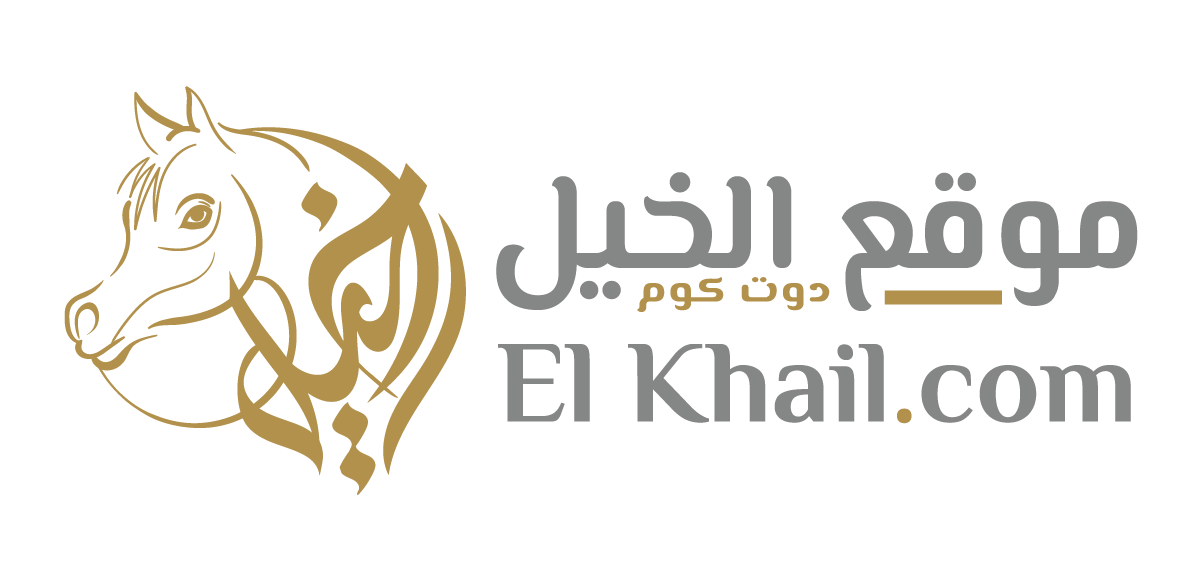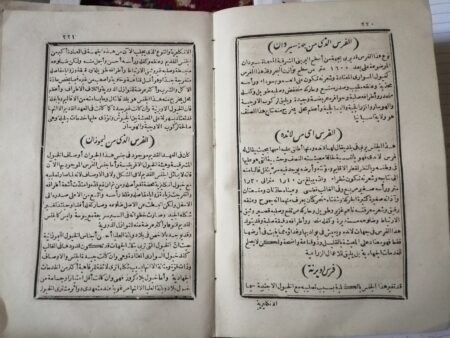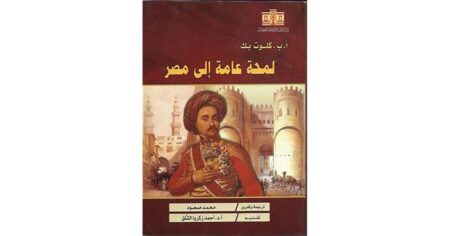The book on the merits of horses, their races, their descriptions, their merits and their virtues is the philosophy of Imam al-Hafiz Sharaf al-Din Abd al-Mu’min al-Damati, and this appears from the investigation prepared by Dr. Mahmoud Khalaf Al-Badi to obtain a master’s degree in Arabic language and literature from the University of Lebanon.
Imam al-Hujjah Sheikh Sharaf al-Din is one of the flags of the seventh century AH. He relied in his book The Virtue of Horses on a group of sources such as the book of Ibn al-Kalbi (The Genealogies of the Horses), the Book of Al-Asma`i (The Horse), the Book of Muhammad bin Ya`qub (The Aid to the People of Jihad from the Princes and Soldiers) as well as the Book of Al-Zajabi (Creation) Persians).

Al-Damati enriched his book with the Qur’anic verses and the noble Prophet’s hadiths related to horses, which indicates his extensive knowledge of the Qur’an and hadith, his extensive experience in horses, as well as the extensive explanations related to horse expressions and some ambiguous hadiths, which indicates his great linguistic expertise that he distinguished.
The investigation carried out by researcher Mahmoud Khalaf Al-Badi reveals that the mention of horses is mentioned in the Holy Quran, where many verses are mentioned in urging the acquisition of horses.
Second: the hadiths of the Prophet that urged the acquisition of horses.
Third: The Prophet Muhammad (PBUH) acquired about 13 horses.
Fourth: Allocating two shares to the horse in the spoils, and for the man to one, and this confirms the role of the horse in jihad and its importance.
Fifthly: the many compositions on the topics of horses and the preservation of their lineages, breeds, diseases, treatment and everything related to them, which confirms the importance of horses at that time, especially as they were a main tool in the war.
Sixth: Most countries of the world allocate stables for Arab horses and crossbreed their breed in appreciation of the importance of Arabian horses.
Seventh: The indication of its importance and that it is the most honorable money, as a sign of the Prophet, may God’s prayers and peace be upon him, said, “Their stomachs are treasure and their appearance is a warrant.” Now we find horses sold for millions of dollars.
Eighth: Those who browse through the collections of Arabic poetry will find dozens of poems describing horses, their morals and their bloodlines. Poets such as Abi Dawood, Al-Ayyad, Al-Qanawy, Al-Taqil and others have emerged who confined most of their poems to the description of horses.
Ninth: The horse’s books and poems have enriched Arabic dictionaries and rare linguistic vocabulary on specific topics, and this is the singing of the Arabic library and the Arabic language.
Tenth: In addition, some people have been attracted by horse sports and riding on their backs.





